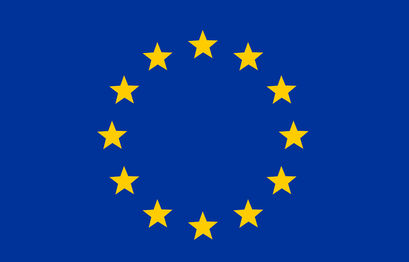Conformity in the open banking era should not be viewed as an onerous requirement but as an opportunity to create a strategic advantage for your company, WSO2’s head of financial services Seshika Fernando said.
One of open banking’s clear benefits will be what the industry will accomplish with the oceans of data they will now be able to access, Ms. Fernando said. Those benefits are so clear countries as diverse as Australia, Singapore, Mexico and parts of Africa are all fostering similar climates.
“We are seeing open banking trending across the world because they are seeing huge benefits,” Ms. Fernando explained.
While at first many companies may have felt compelled to adopt open banking, many also embraced it because there are clear advantages to doing so, she added. Anyone born from Generation X onward will demand digital experiences, and they make up an estimated 84 percent of users. A decade from now they will be 95 percent.
Such consumers will increasingly demand the ability to access all of their financial information in one place and that is not something traditional banks are adept at. Until recently there has been no secure way to aggregate consumer financial data either. But not only does it need to be done, the user experience needs to be optimal. This combination is not something banks will adopt overnight.

“User experience is not the core competence of banks,” Ms. Fernando said. “Open banking has the power to change that.”
Unencumbered by legacy infrastructure, younger fintechs can much more quickly adapt to regulatory requirements such as PSD2 by developing APIs that can link to these now available data sources and quickly parse them to produce value for consumers. They can provide products which used to be the sole realm of the banks but with much better service.
Smart banks are seeing this and are looking for ways to link to the upstarts, whether that be technology partnerships or outright acquisitions.
“There is an opportunity for banks to focus more on their core competencies which are creating financial products and enabling fintechs to distribute them to a larger audience,” Ms. Fernando said.
Banks should also embrace open banking because it provides them with a holistic view of the consumer, Ms. Fernando added. Third party providers aggregate the information and banks can even utilize competitors’ APIs to produce new insights, but partnerships between the young and old are needed if this opportunity is to be fully realized.
“To provide open banking services banks need to work with technology companies to see what is needed to digitally transform themselves while using legacy systems, “ Ms. Fernando said.
Many banks who don’t need to open their APIs are choosing to do so for a number of reasons, she added. These include developing their abilities in managing identities and providing secure access to them, securely exposing the API and maintaining ongoing management of consumer consent preferences, and availing themselves of fintech experts who can help them grow in this new era.
“These banks don’t see PSD2 as a regulatory requirement but as a strategic opportunity to inform consumers and create awareness around the entire bank,” Ms. Fernando said.
WSO2 plays a key role in this transformation because they have helped clients around the world to successfully adapt to open banking mandates, she added.
But not all banks are quick to make the leap, Ms. Fernando cautioned. Even with final deadlines coming this fall and an external testing deadline recently passed, WSO2 continues to field exploratory inquiries.
There are two reasons for this, Ms. Fernando said. The switch involves investing and maintaining new technologies, updating them as requirements change. Regular updates need to be produced and remember, technology isn’t many a bank’s strong suit. Many will have to farm this out.
Other banks remain blissfully unaware of the change that is engulfing them.
One fear expressed a few years ago was the majority of consumers were unaware what opening banking was, that it was on its way, and how they could benefit from it. That has changed for the good for a number of reasons, Ms. Fernando said.
Numerous data-related public relations gaffes have shed light on the issue and the bigger banks have increased their public education initiatives, partly to dispel rumors they would expose consumer data to third parties without their consent. Other regions such as Australia have learned lessons from Europe’s experience and prioritized consumer education at the outset. Younger consumers also have a better general awareness of the issue.
As the general public becomes more aware of how companies monetize their data, they will begin to demand better control over it. Companies across many sectors will have to react, and financial institutions are one of the first industries, Ms. Fernando said.
“Banks need to add to their technology the ability to obtain consumer consent and the ability to change that in the future.”
Image by OpenClipart-Vectors from Pixabay









